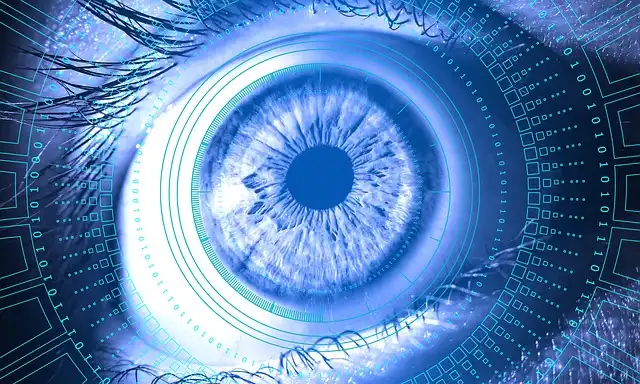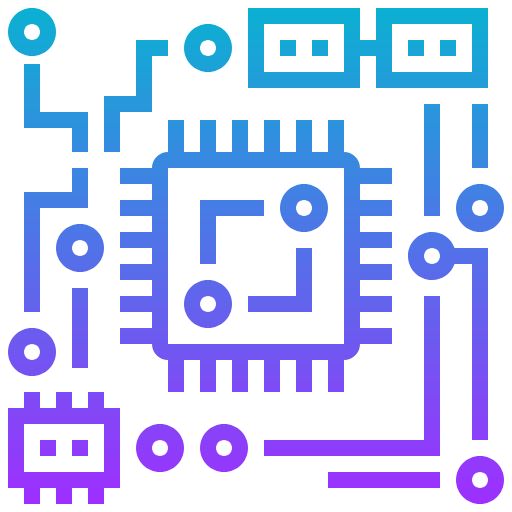AI Influence: How AI is Changing Human Speech & Language

AI influences language, homogenizing speech and potentially diminishing dialects. Research shows AI-driven word choices impact human conversations, affecting expression and creating discrimination risks. AI impacts on language!
This brings social dangers. If the majority of AI voices favor one accent, that might result in strengthened accent predisposition. People who don’t seem like AI may also deal with subtle discrimination in workplaces or customer-facing duties.
Social Dangers of AI Voices
The stakes prolong right into education and learning, where trainees are already submitting work formed by “GPT English,” and instructors are adapting to the disintegration of genuine voice in favor of AI-polished language. At work, brightened machine-like wording might well end up being the common assumption. Individuals with informal or local styles can show up much less proficient.
AI’s Impact on Education and Work
New study by Éva Székely, Jūra Miniota, and Míša Hejná from KTH Royal Institute of Technology in Sweden and Aarhus University in Denmark, looked at how speaking machines could alter the method individuals speak. Their paper asserted that when equipments talk to us with real-sounding voices, they don’t simply provide answers or aid with jobs. They have their own audio patterns and details accents.
Research on Speaking Machines
Wait, you say. Just how do they understand these etymological spins aren’t from individuals pasting and duplicating from ChatGPT, instead of being influenced by it? The increase in GPT words was discovered in unscripted discussion– not just in scripted or edited material.
People change how we speak based on whom we’re speaking to. Refined speech tones and inflections can disclose a lot regarding a person, such as their age, where they’re from or what team they come from. When people speak, they frequently begin to match each other’s speech, modifying their speed, pronunciation, and various other hints.
The research group, led by Carmela Zunino and Michael S. Bernstein, located words like “dig,” “display,” and “highlights” expanded a lot more typical in on the internet conversations– and lots of were unusual prior to 2023. The team examined older information and found those words became prominent right after ChatGPT ended up being popular.
One feasible consequence is the homogenization of language. Since AI prefers a refined, standard register, individuals progressively adopt similar wording and tempo in composing and chatting, squashing the richness of dialects, vernaculars, and social variations.
The Homogenization of Language
Researchers from UCLA and the College of Copenhagen found that ChatGPT affects word selection. They researched greater than 100,000 Reddit posts and comments in between April 2023 and January 2024 and located that individuals picked up new words and phrases from the chatbot.
Despite people duplicating and pasting, it matters not. The paper notes the language modification wasn’t only from ChatGPT customers, however additionally from individuals who saw others duplicate these words. Individuals are affected by chatbot word choice secondhand.
Yet language doesn’t just show just how we talk– it likewise forms just how we assume. If AI-conditioned wording comes to be the norm, assumed patterns themselves could move toward the phrase structure and cadence of makers. This would certainly encourage quality and performance, however lessen creative thinking, narrative, and subtlety circulation, which are often at the heart of human expression. Conversations and composing may begin to really feel less individual and extra standard, aligning with the linguistic patterns preferred by large language designs (LLMs).
AI’s Effect on Thought Patterns
If standardized, machine-trained American English, or some even more homogenized typical style of speaking pertained to dominate, it can become the eminence kinds of speech in social and specialist contexts. That might indicate wider merging around AI-like articulation, reduced variety of international accents, and shifts in what culture deems “trustworthy” or “professional” speech.
Machine-Trained Speech Dominance
As we increasingly connect with spoken-language AI, we’re most likely to change how we talk with seem a much more like the maker. Synthetic voices that have specific means of chatting, such as a particular accent or design, could transform and spread out how individuals speak as a whole. Groups, business, and even political groups might use machine-made voices to make some methods of chatting seem far better or even more approved.
Mike Elgan is a technology reporter, author, and podcaster who checks out the junction of advanced modern technologies and society via his Computerworld column, Maker Society e-newsletter, Superintelligent podcast, and books.
The paper notes the language change had not been just from ChatGPT customers, but also from people that saw others duplicate these words. New research study by Éva Székely, Jūra Miniota, and Míša Hejná from KTH Royal Institute of Technology in Sweden and Aarhus University in Denmark, looked at exactly how talking equipments could change the way people speak. Synthetic voices that have particular ways of talking, such as a certain accent or design, can spread and transform exactly how people speak in basic. Since AI favors a polished, standardized register, people progressively take on similar phrasing and cadence in creating and speaking, flattening the richness of dialects, vernaculars, and social variants. People that do not seem like AI could even deal with subtle discrimination in workplaces or customer-facing roles.
While teachers and magnate grumble regarding people using AI chatbots to compose and communicate– and a growing number of public figures make use of AI-controlled avatars to communicate on their behalf– also genuine human speech is starting to seem “phony” and “machine-like,” according to Altman, who posted his views Monday on X.
1 AI discrimination2 AI influence
3 GPT English
4 language homogenization
5 machine learning
6 speech patterns
« Best Laptops Under $500: Chromebook vs WindowsNvidia RTX 50: Graphics Card Shortage & Founders Editions »
